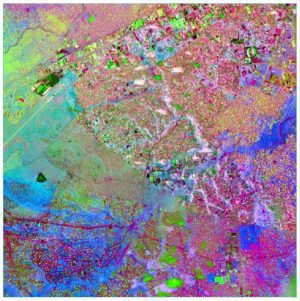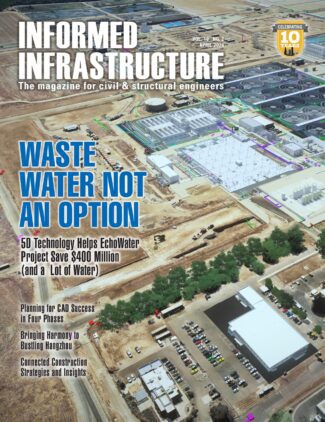
East View Geospatial calculates the Floor Space Index for Dar es Salaam, Tanzania, using Planet satellite imagery and proprietary, scalable workflows.
East View Geospatial is teaming with Planet and the World Bank to identify unplanned urbanization in specific developing areas using satellite imagery.
Starting in mid-2017, East View Geospatial will begin calculating and detecting change to the Floor Space Index (FSI) for Dar es Salaam, Tanzania, with data provided by partner organization Planet. Dar es Salaam is the largest city in Tanzania and one of the fastest-growing cities in the world, with a roughly 4.5 percent average annual population increase from 2002 to 2015.
East View Geospatial analysts will enter Planet imagery and World Bank data into a proprietary automation system that will analyze multiple indicators, including infrastructure investments and residence characteristics, to determine if urbanization is planned or unplanned. Unplanned urbanization is, by definition, sudden and unexpected, leading to massive population surges that without proper infrastructure can cause adverse health effects, massive inconvenience and, potentially, social disorder.
We are excited to team with Planet and the World Bank on this important humanitarian project, said Mark Knapp, East View Geospatial product development manager. Planet imagery coupled with our change-detection algorithms and big data analytics promise to revolutionize how the World Bank addresses development issues across the globe.

